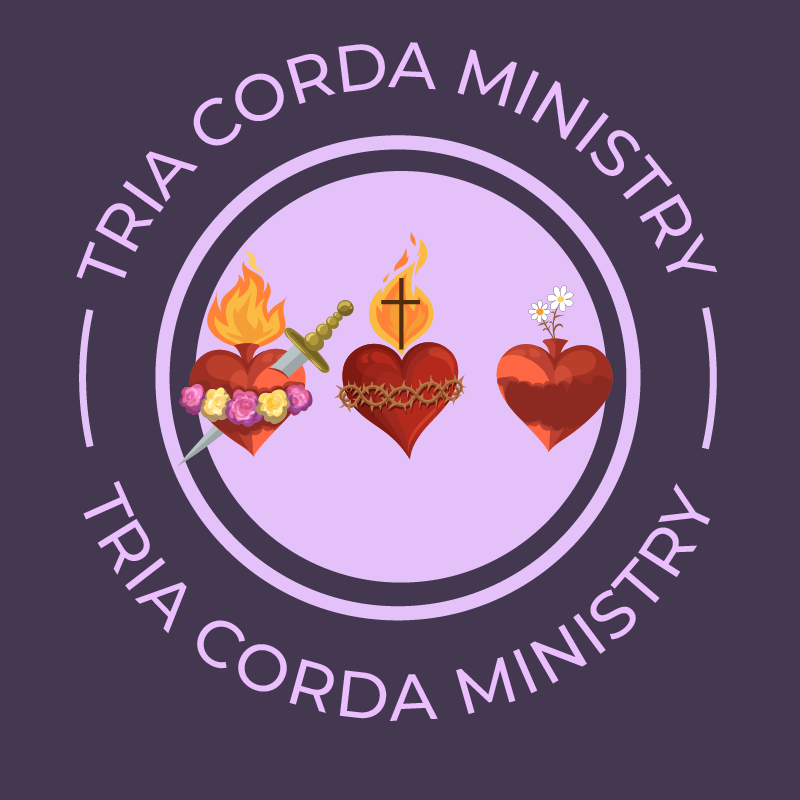ACEs and the Mind

When it came to the effects of ACEs on the mind, the original ACE study solely looked at the risk of depression. These findings indicated that ACEs increase the risk of developing depression.
Since the original ACE study, many studies have looked at how ACEs impact the mind, mainly how they affect thoughts and beliefs and how they can be associated with the development of mental health problems.
As we review this research, it is essential to remember that just because someone has a high ACE score does not mean they will automatically develop these outcomes. If they have, for example, developed a mental health disorder as a result of experiencing ACEs, they are also not doomed to have it forever. Healing and resilience are possible, and many factors can prevent these outcomes in the first place and lead to healing if they have occurred.
How ACEs Can Impact Thoughts and Beliefs
One way ACEs can impact the mind is by negatively affecting how people see themselves, others, and the world around them.
One way this can happen is through the development of negative beliefs. For example, one study found that ACEs were associated with a higher likelihood of a person seeing the world as dangerous and threatening, thinking that they are not able to handle life’s daily challenges, and thinking that others cannot be trusted (1).
These negative beliefs can also be about a person’s thinking and how their brain works. For example, one study found that a higher ACE score was associated with a person having less confidence in their attention and memory, thinking that their worrying is uncontrollable, and thinking that something terrible will happen if they can’t control their thoughts (2).
Finally, another way ACEs can impact thoughts and beliefs is by causing the development of negative schemas. Schemas are patterns of thinking that influence how we interpret things around us and how we act. They are shortcuts our brain uses to interpret things fast, but they can bias how we see the world because our brains tend to look for information to reinforce them (3).
Research has found that a higher ACE score is associated with schemas such as expecting your needs won’t be met, that others will hurt you, and feeling that you are unwanted and unloveable. This study, in particular, found that emotional abuse and neglect were significantly associated with these schemas (4)
These thoughts and beliefs could make it difficult to trust others, develop relationships, have peace, and live a happy life. Thus, if a person thinks they have these types of thoughts and beliefs due to their childhood experiences, it may be beneficial to attend therapy to start undoing these patterns. If this is true for you or someone you love, you can find more resources here (see the healing resources page).
How ACEs are Related to Mental Health Disorders
ACEs are associated with a higher likelihood of lots of mental disorder diagnoses. Overall, a higher ACE score is associated with a higher likelihood of rating yourself as having poor mental health (5) and a higher risk of anxiety, depression, and suicidal thoughts and behaviors (6).
For the sake of this discussion, we’ll look at some of the more prevalent and familiar diagnoses.
ACEs, Depression, and Anxiety
ACEs are associated with a higher risk of depression and anxiety across the lifespan. Research has found this association in childhood (7), adolescence (8), adulthood (9), and during pregnancy and postpartum (10).
We still don’t fully understand why these associations exist. However, one study did suggest that loneliness can explain these associations (11). ACEs can make a child feel alone, mainly because they tend to be a secret thing, and this may lead to a higher likelihood of anxiety and depression both in childhood and later down the line.
Some studies have also looked into the possibility that specific ACEs are associated with these disorders. Most studies have found that all ACEs are associated with a higher likelihood of a diagnosis of anxiety and depression. Still, emotional abuse and neglect have some of the highest impact on the development of depression in particular (12).
ACEs and Eating Disorders
Another class of mental health disorders that ACEs are associated with is eating disorders. In general, among those with eating disorders, there tends to be a higher ACE score (13).
In general, ACEs seem to be associated more with developing binge eating disorder and bulimia nervosa but still add to the risk of anorexia nervosa. Additionally, the specific ACEs of sexual abuse, parent separation or divorce, and household mental illness were more common among those with an eating disorder.
Conclusion
Overall, there is still a lot to learn about the impact of ACEs, but from what we know so far, they can have negative effects on the mind.
As I said before, there is hope for healing following exposure to ACEs. If you or someone you know may be suffering from these negative effects of ACEs, please visit the healing resources page.
To learn more about the effects of ACEs, please visit the following pages:
